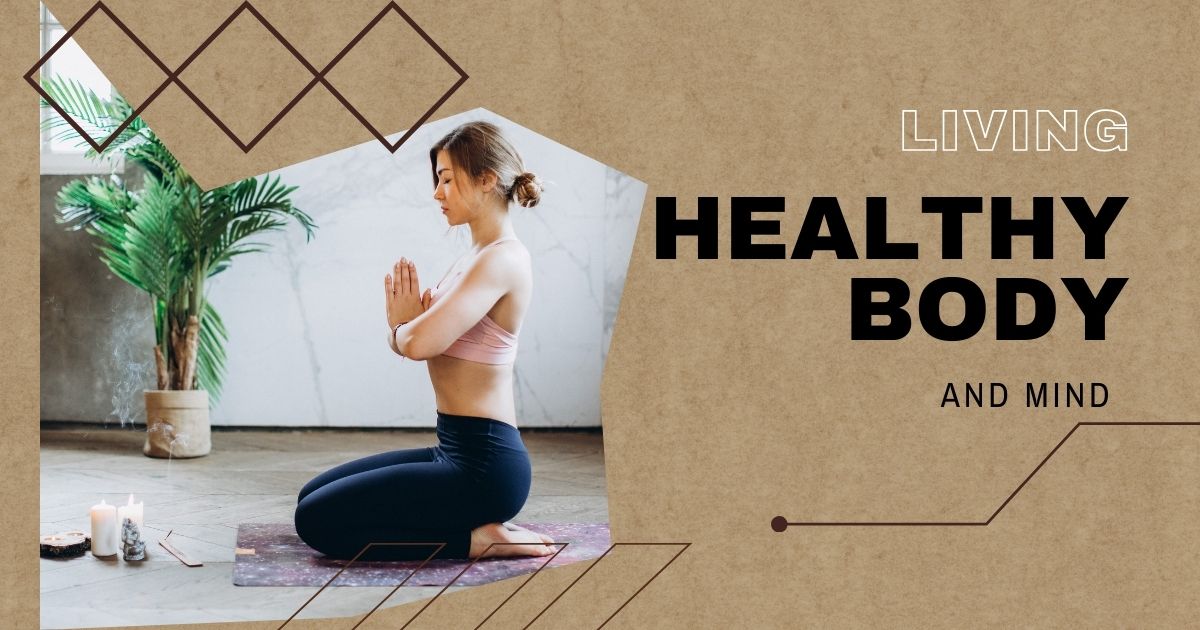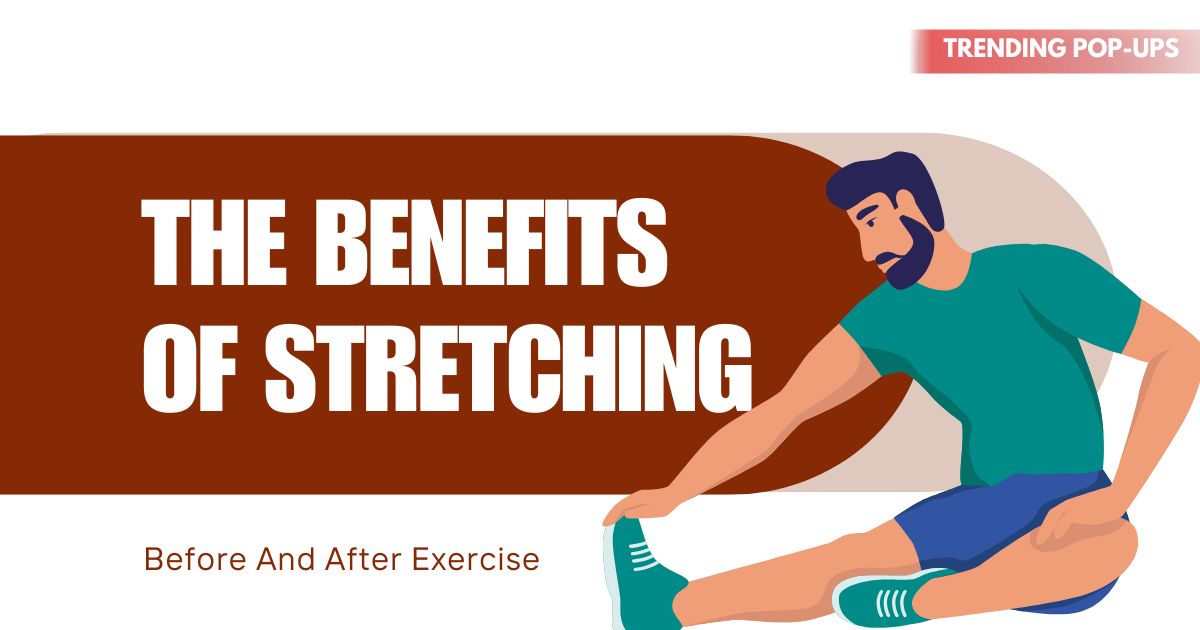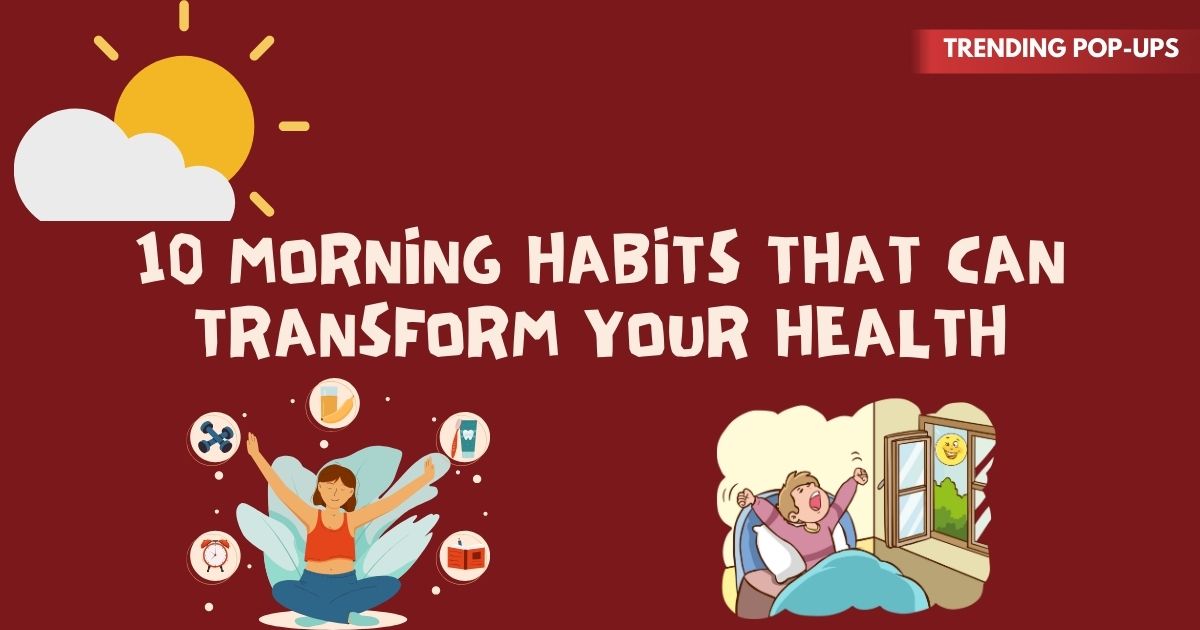Living a healthy body and mind is more than just exercising or eating right—it’s about creating a sustainable balance between physical well-being and mental peace. In today’s fast-paced world, stress, unhealthy diets, and sedentary lifestyles have made it harder to maintain harmony in our daily lives. However, with mindful habits, nutrition, exercise, and self-care, anyone can achieve a healthier, happier lifestyle.
This guide explores practical ways to live with a healthy body and mind, ensuring long-term vitality and emotional resilience.
Importance of Living a Healthy Body and Mind
A healthy body and mind are deeply connected. Physical health provides the energy and endurance needed for daily tasks, while mental wellness ensures clarity, focus, and emotional balance. Neglecting one aspect often impacts the other—stress can cause health problems, and poor diet or inactivity can lead to mental fatigue.
By focusing on holistic wellness, you can prevent lifestyle diseases, boost immunity, reduce stress, and improve overall life satisfaction.
Nutrition: Fueling the Body and Mind
Food is the foundation of both physical and mental health. What we eat directly affects energy levels, brain function, and emotional stability.
Key Nutritional Habits:
-
Eat whole foods: Include fruits, vegetables, lean proteins, whole grains, nuts, and seeds.
-
Stay hydrated: Drinking enough water boosts metabolism, supports digestion, and enhances concentration.
-
Limit processed foods: Minimize refined sugar, trans fats, and excessive salt.
-
Balanced meals: A mix of macronutrients (carbs, proteins, fats) and micronutrients (vitamins, minerals) keeps the body in balance.
Superfoods like leafy greens, berries, salmon, and walnuts are particularly beneficial for brain health and energy.
Exercise: Strengthening the Body and Calming the Mind
Physical activity is crucial for maintaining strength, flexibility, and endurance. More importantly, it also has a powerful impact on mental health by reducing stress hormones and releasing endorphins.
Best Exercises for Body and Mind:
-
Cardio workouts: Running, cycling, or swimming improve heart health.
-
Strength training: Builds muscle, supports bone density, and enhances metabolism.
-
Yoga and Pilates: Improve flexibility, posture, and mental relaxation.
-
Walking in nature: Combines physical activity with mindfulness and stress relief.
Aim for at least 30 minutes of exercise daily to maintain balance and vitality.
Sleep: The Foundation of Healing
A well-rested body and mind function more effectively. Lack of sleep not only causes fatigue but also weakens immunity and affects decision-making abilities.
Tips for Better Sleep:
-
Maintain a consistent sleep schedule.
-
Limit screen time before bed.
-
Create a relaxing nighttime routine (reading, meditation, warm shower).
-
Ensure your bedroom is cool, dark, and quiet.
Adults should aim for 7–9 hours of quality sleep each night for optimal health.
Mental Health: Nurturing the Mind
A healthy mind requires emotional balance, resilience, and self-awareness. Mental health practices can prevent anxiety, depression, and burnout.
Strategies for Mental Wellness:
-
Mindfulness meditation: Helps reduce stress and improve focus.
-
Journaling: Encourages self-reflection and emotional release.
-
Social connections: Strong relationships improve mood and longevity.
-
Digital detox: Reducing screen time boosts mental clarity and lowers stress.
-
Therapy or counseling: Professional help is vital when struggling with mental health challenges.
Stress Management: Finding Inner Calm
Chronic stress can lead to physical illness and mental exhaustion. Managing stress is essential for living with a healthy body and mind.
Effective Stress-Relief Techniques:
-
Practice deep breathing exercises.
-
Engage in creative hobbies like painting, music, or gardening.
-
Spend time in nature for grounding and relaxation.
-
Use time management techniques to avoid overwhelm.
Learning to manage stress creates emotional resilience and improves quality of life.
Lifestyle Choices for Long-Term Wellness
Simple daily habits contribute to sustainable health. Making conscious lifestyle choices ensures both body and mind thrive.
Smart Lifestyle Practices:
-
Avoid smoking and limit alcohol intake.
-
Practice gratitude to shift focus toward positivity.
-
Stay curious and keep learning to keep the brain active.
-
Maintain a healthy work-life balance.
-
Prioritize preventive healthcare through regular checkups.
Consistency in these habits lays the foundation for a fulfilling, balanced life.
Living Healthy Body and Mind for Different Age Groups
Wellness needs change with age. Here’s how to adapt:
-
Teens and Young Adults: Focus on good nutrition, active lifestyle, and healthy screen habits.
-
Adults (30s–50s): Prioritize stress management, regular exercise, and balanced diet.
-
Seniors (60+): Emphasize joint health, light exercises like walking or yoga, and mental stimulation through hobbies.
Each stage of life requires personalized adjustments, but the goal remains the same—balance between body and mind.
Benefits of Living a Healthy Body and Mind
-
Increased energy and productivity.
-
Improved focus, memory, and creativity.
-
Stronger immune system and lower risk of chronic diseases.
-
Better emotional stability and resilience.
-
Greater life satisfaction and happiness.
Final Thoughts
Living a healthy body and mind is a lifelong journey, not a one-time goal. By adopting balanced nutrition, regular physical activity, quality sleep, and mental wellness practices, you can build a sustainable lifestyle that nurtures both your body and mind. Remember, small daily habits create long-lasting transformations.
Also Read :Daily Habits for a Longer and Healthier Life
FAQs
1. What are the first steps to living a healthy body and mind?
Start by improving your diet, adding daily exercise, practicing mindfulness, and prioritizing sleep.
2. Can mental health affect physical health?
Yes, chronic stress, anxiety, and depression can weaken immunity and lead to health issues like heart disease.
3. How much exercise is needed for overall wellness?
At least 150 minutes of moderate activity or 75 minutes of intense activity per week is recommended.
4. What foods are best for brain health?
Berries, leafy greens, fatty fish, walnuts, and whole grains are excellent for cognitive function.
5. How can I reduce stress quickly?
Practice deep breathing, go for a walk, meditate, or listen to calming music to relieve stress instantly.
6. Is it possible to live a balanced life in a busy schedule?
Yes, by setting priorities, managing time effectively, and practicing self-care, balance is achievable.



